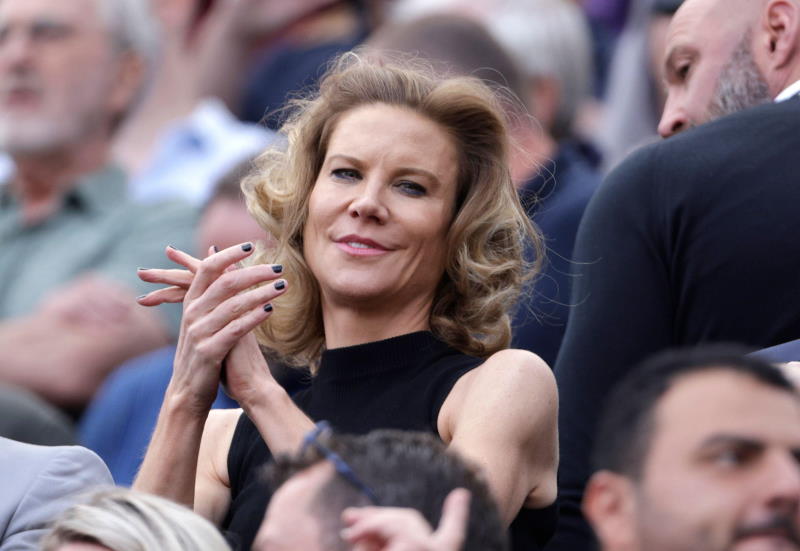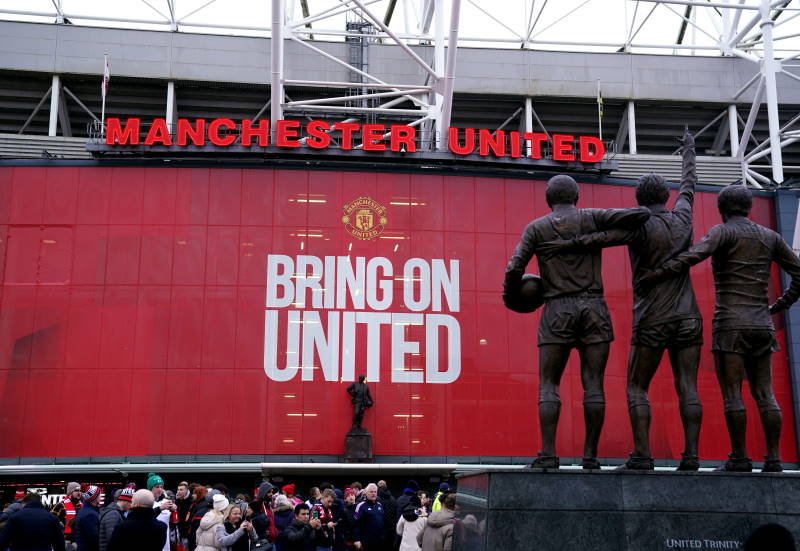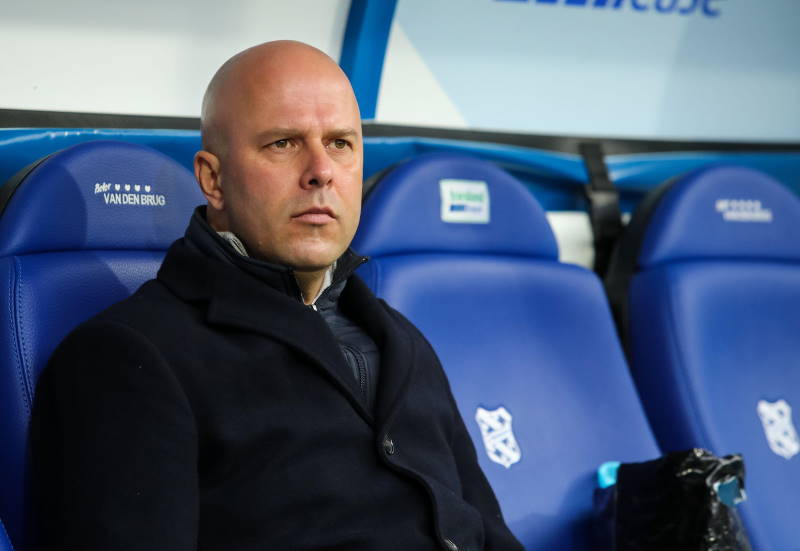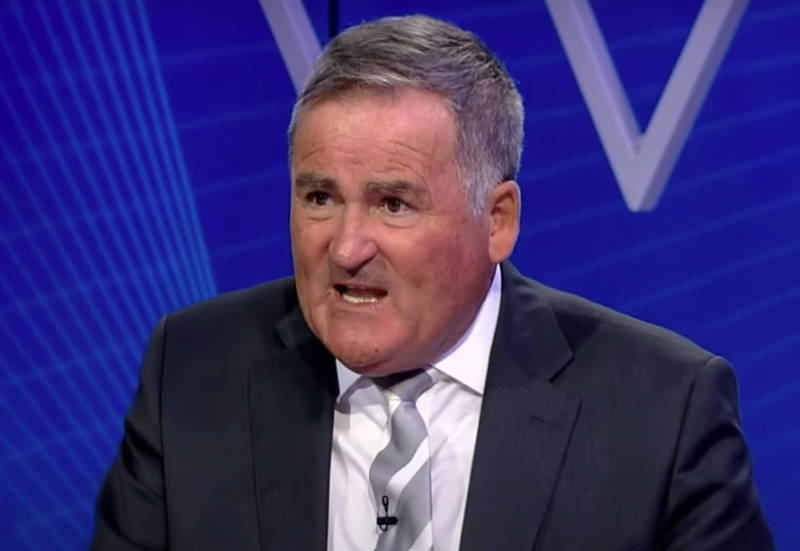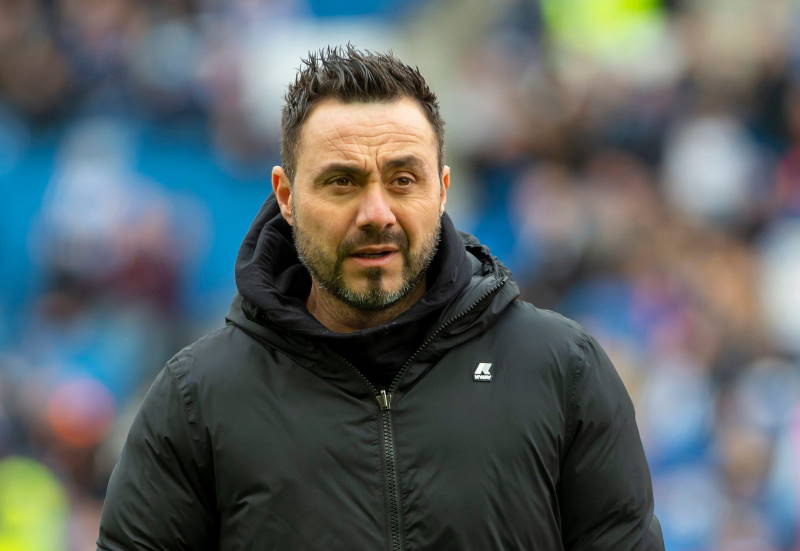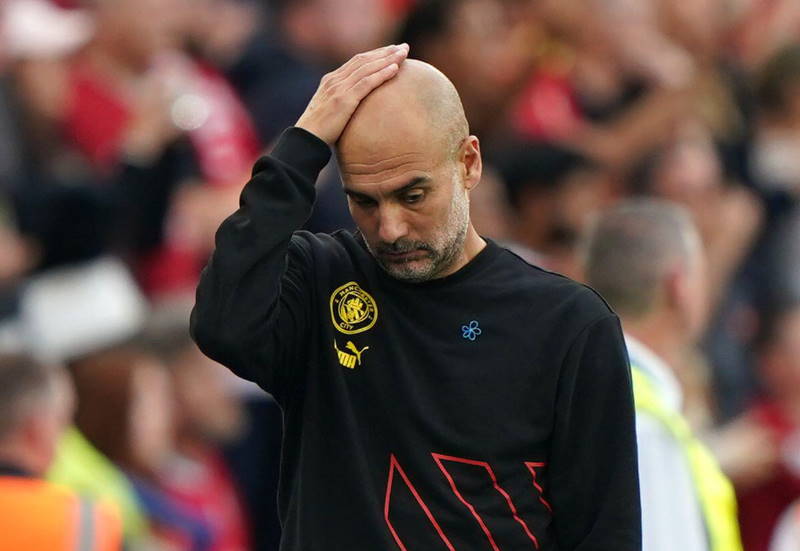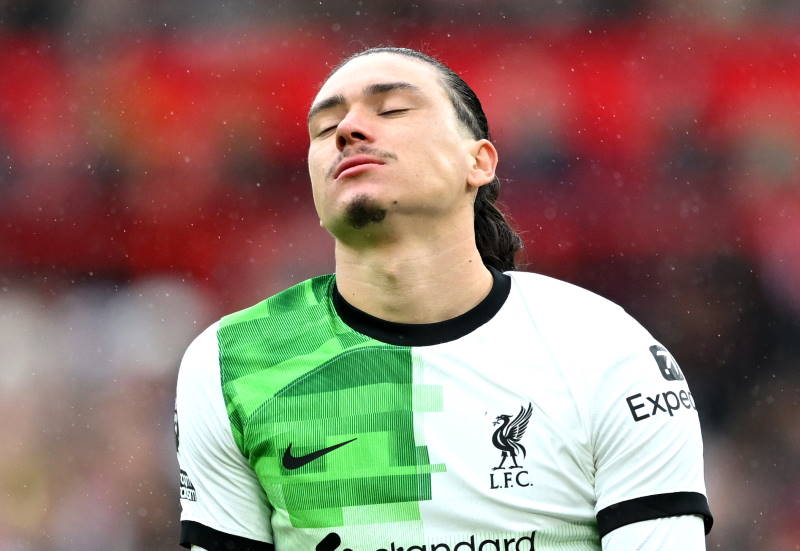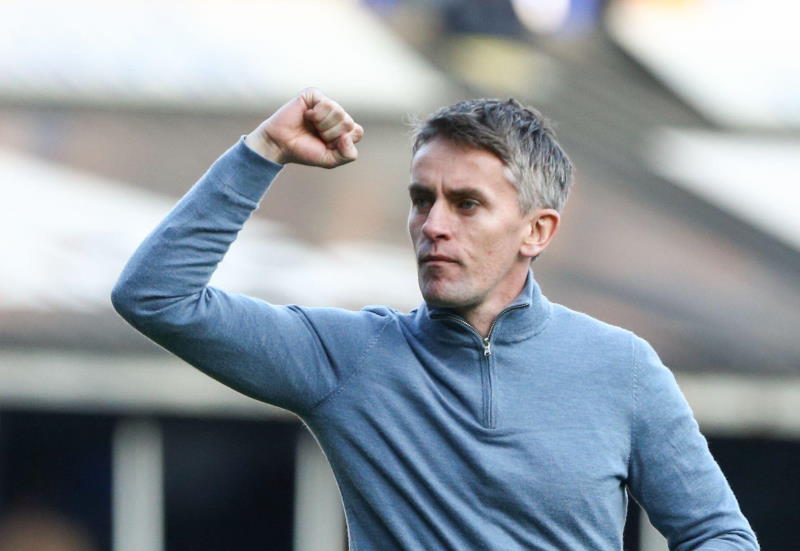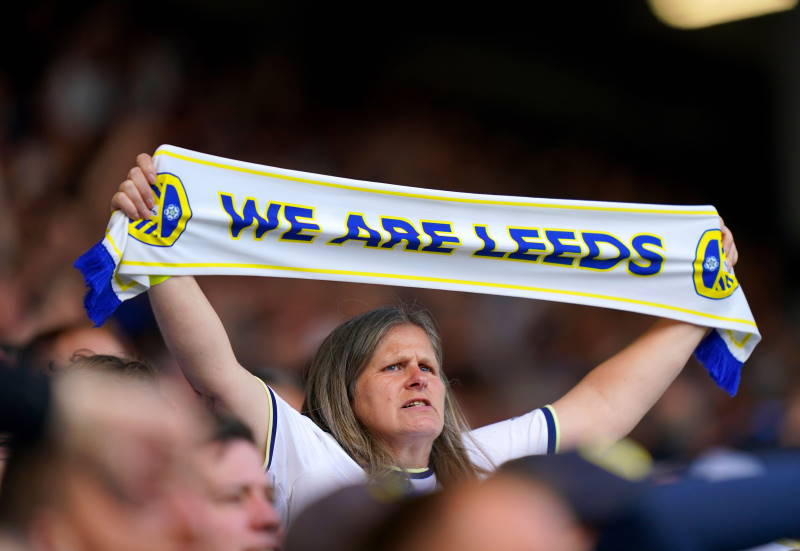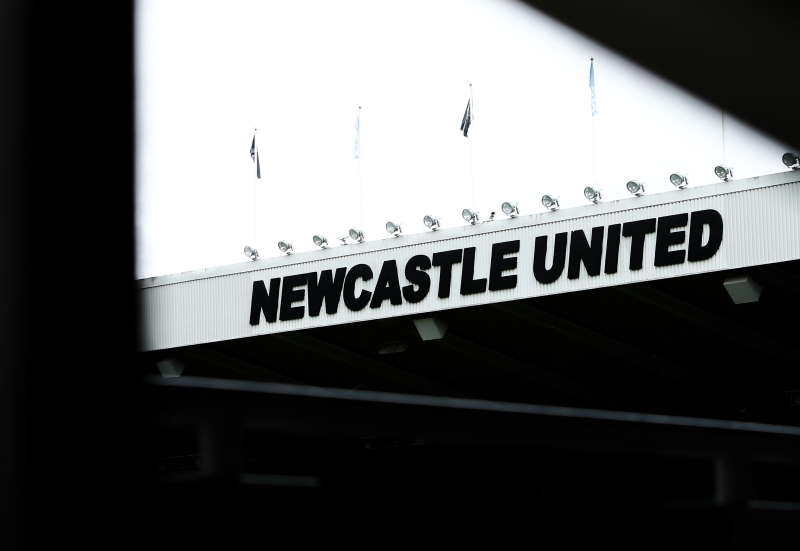
Just two games into 2014 World Cup Qualifying and already it looks more likely that the mythical Narnia will head to Brazil than Wales.
From having an outside chance of sneaking up the rankings in October, a disastrous draw and the tragic suicide of manager Gary Speed has seen all the puff evaporate from the Dragons. When Great Britain’s Olympic side – which at times featured five Welshmen in the line-up – performed admirably en route to a quarter-final exit, it appeared that perhaps the youthful talent of Aaron Ramsey, Gareth Bale, Joe Allen, Neil Taylor and a clutch of others could carry the momentum built up in 2011.
However, almost as soon as the season started the omens were not good – a poor performance in a 2-0 friendly defeat to Bosnia was followed by Taylor’s season-ending injury and chased down with James Collins’ rash red card early on in the opening qualifier, which against a Belgian side brimming with talent effectively doomed Wales to defeat in Cardiff. With new manager Chris Coleman goalless after four matches – albeit one of them a highly emotional tribute game against Costa Rica, the opposition in Speed’s first cap – many fans were fearing the worst and the worst duly came with a 6-1 humiliation in Serbia, a woeful performance characterised by chaotic defending, naivety and an absence of any semblance of confidence. Had Gareth Bale not scored a sensational free-kick it would have been scoreless again.
As ever with Wales, this latest disaster is a combination of bad luck on top of bad management, of insult added to injury – for a country renowned for constant wet weather, it certainly seems as if it never rains but it pours regarding the national side. It is clear the personal tragedy of losing a popular and inspirational manager has ripped the heart out of a previously demoralised yet rejuvenated young team, but the farcical arguments and delay in the replacement, with Speed’s assistant Raymond Verheijen in particular feeling aggrieved, only served to leave wounds to fester.
Coleman may be a distinguished former national player like Speed and Mark Hughes, the most successful Wales managers since Terry Yorath’s side nearly reached the World Cup (the heartbreak of Paul Bodin’s missed penalty still lingers 20 years on for many, as does the controversial defeat to Russia in the Euro 2004 playoff), yet his positive work at Fulham has been overshadowed by less glorious stints at Coventry, Real Sociedad and the bizarre business at Larissa last season. Even in a field notable for few viable alternatives many voiced fears that the passing, possession-based style of Wales, heavily influenced by the vibrant success of Swansea City, may be out of keeping with the former centre-back’s preferred methods, and certainly the verve and control of the late Euro 2012 qualifiers has vanished in the current run of five consecutive defeats.
It is remarkable to think of how back when the groups were drawn in October some sensed an outside opportunity for Wales to break into the top two in Group A, possibly securing an outrageous place on the plane to Brazil – this is not the best Serbian side of recent times, while Macedonia are less of a danger than in the past and Scotland are still stuck in the mire of mediocrity, blunted further by Craig Levein’s fall-out with Steven Fletcher. True, even this less lustrous Croatian team are technical wizards, but the real danger was Belgium.
Despite being drawn from the third pot, a defence boasting Vincent Kompany, Jan Vertonghen and Thomas Vermaelen is a stiff proposition, especially with the combative Axel Witsel, Steven Defour and Marouane Fellaini ahead in midfield, a platform from which the attacking prowess of Eden Hazard, Romelu Lukaku, Moussa Dembele could run riot (a bench including the likes of Kevin Mirallas, Kevin De Bruyne and other talents attests to the feeling that Brussels could flex its muscles on the international scene once again). But if Ramsey could blossom into the leader he has threatened to be, if Bale and Allen could supply the strikers with the ammunition, if the defence could cut out the individual errors, there could still be a chance for the promising young Wales side to at the very least make a decent fight for third, placing themselves in a good situation for the next World Cup, when Russia’s hosting adds an extra European berth.
Sadly, it would seem as though, much like a Tottenham Hotspur title tilt or Celtic’s European campaign, everything will be over by Christmas – Wales missed the majesty of a fully-fit Allen, which destabilised a captain in Ramsey who sometimes looks overburdened in the national team, while Bale’s attendances, let alone performances, in a red shirt have been historically erratic, especially compared to his White Hart Lane form. Collins was suspended following his sending-off against Belgium, and the rest of the defence capitulated in almost comic fashion. There may be no stellar sides in Group A, but there are no weaker ones either – had Wales swapped places with Bosnia or the always fortunate Switzerland in weak Groups E and G they may have survived a slow start, but with five teams feasibly in the running for the top two slots such conclusive losses point to an irrevocable situation.
A familiar gloom has set in, and while it may not be as deep as the darkest days under Bobby Gould or John Toshack, the speed with which the torpor turned from blip to existential crisis is alarming. Football does, though, have a tendency towards extremes and there is still hope that yet another transitional campaign could bear fruit. It may be a mad decision by Michel Platini’s UEFA to expand the next European Championships to 24 teams, but it does mean that nearly half of the nations in this continental divide will reach the finals in France – and for a young side with as much potential as Wales it looks like the best chance to reach a first finals for what will almost certainly be 58 barren years.
Having reached the quarter-finals in 1976, but denied a finals appearance in the days of a four-team tournament, one could argue the perennially unlucky Welsh deserve it, and if they can shake off the trauma of the last 12 months to build foundations for the next campaign there is a great chance to break the habit of a generation. If they do not manage to reach France though, Wales may as well give in and let Aslan and Co. have a go.

